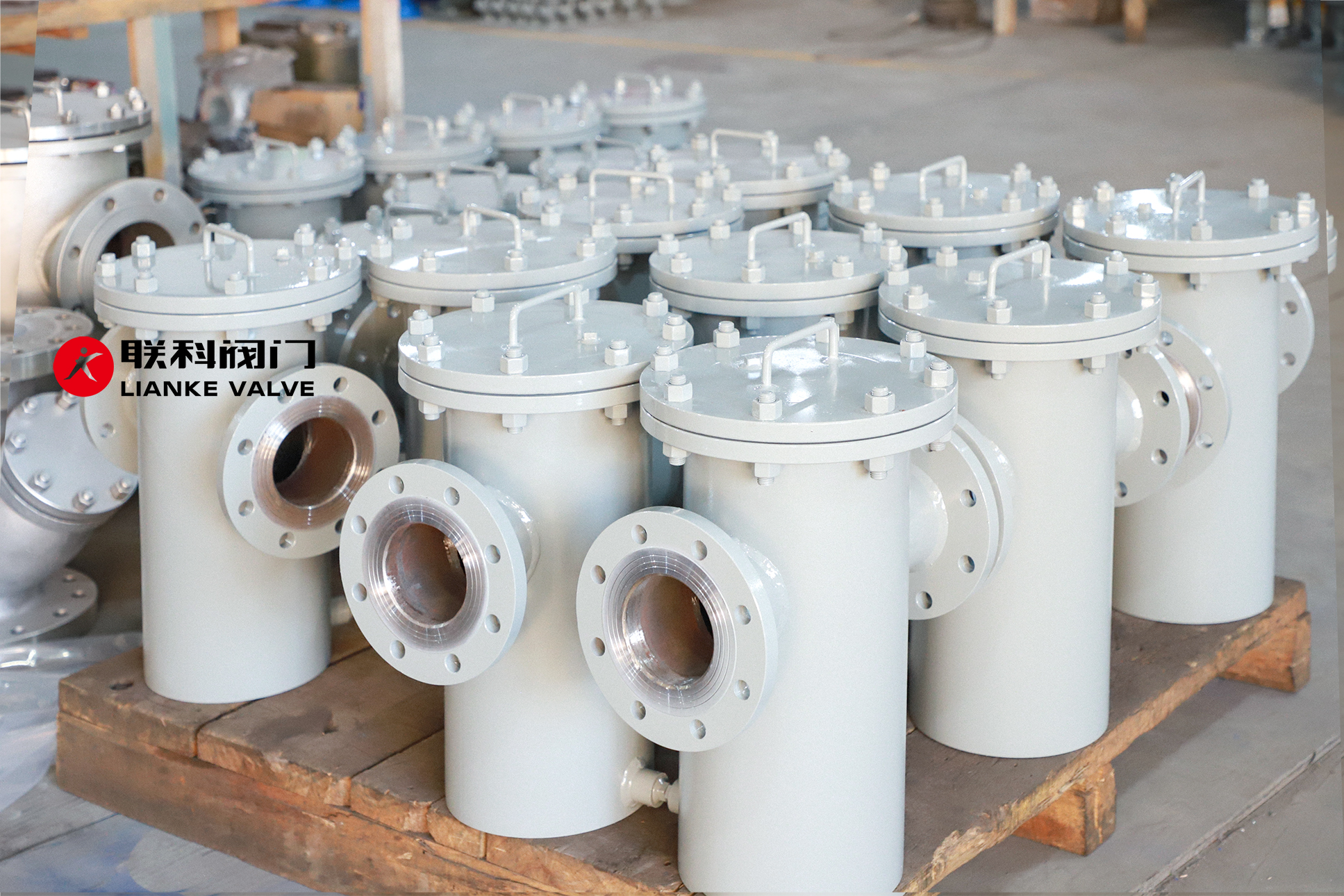

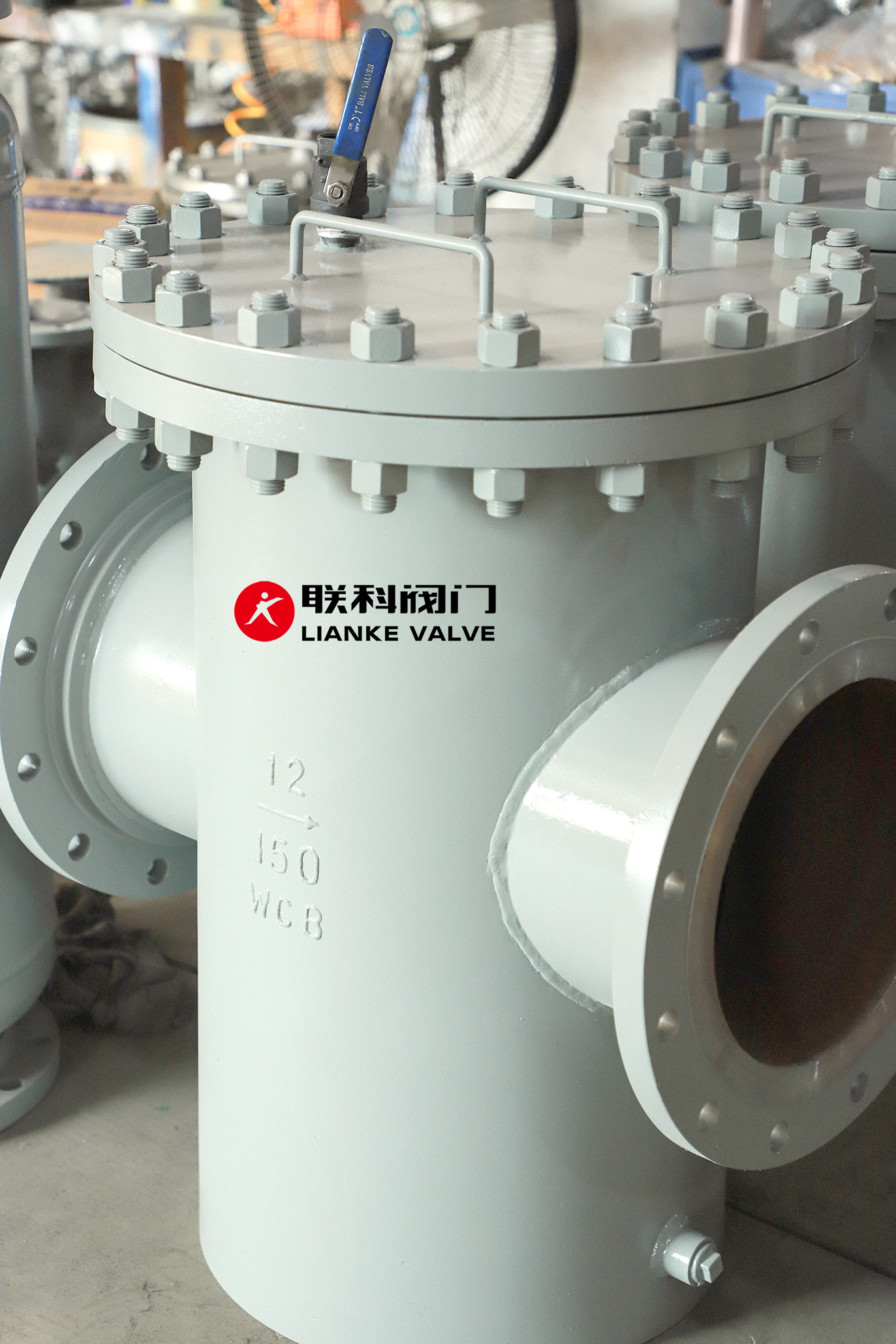
Choosing the right basket strainer for your system comes down to understanding filtration size, strainer mesh, and how these elements fit into your specific piping setup. Whether you’re working in chemical processing, food production, water treatment, or HVAC, the right strainer ensures system protection, flow efficiency, and long-term equipment performance. This article will help you […]
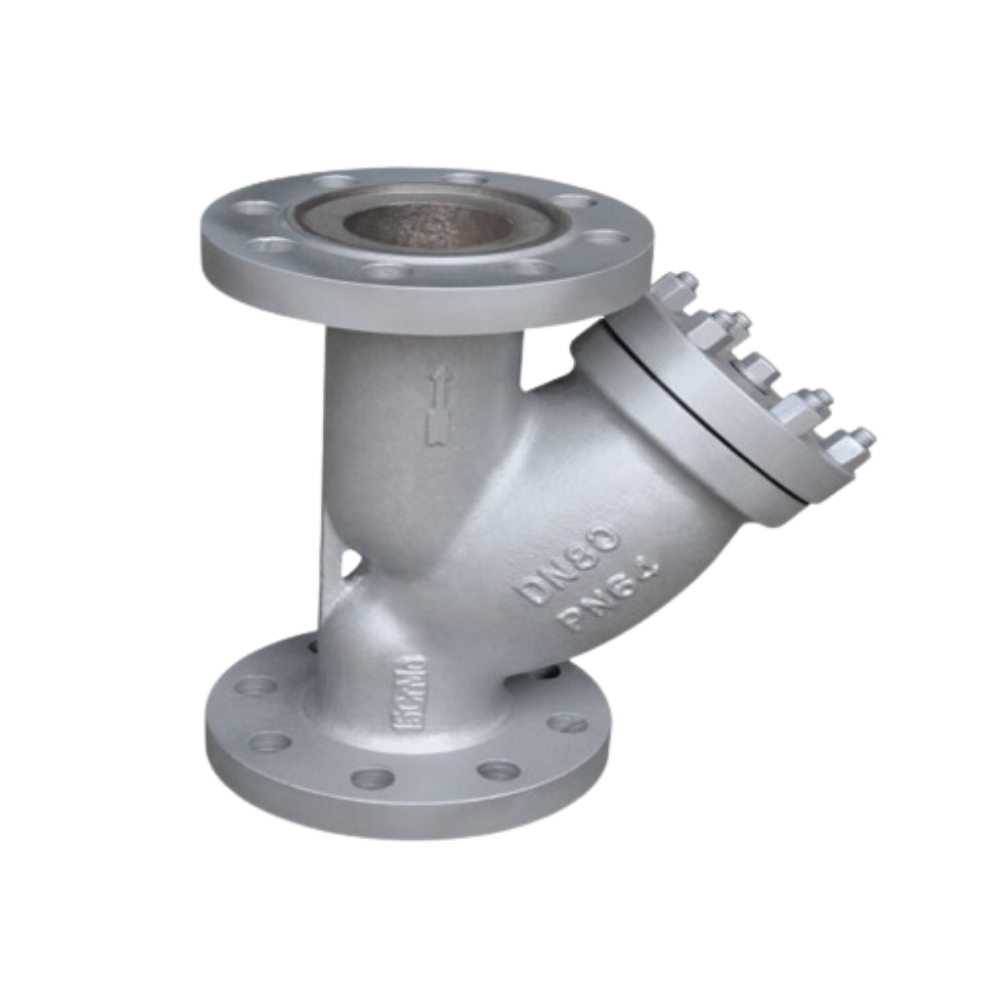
Fluids passing through industrial pipelines may not always be debris free. And for that reason, many pipelines are fitted with industrial strainers. It’s simple to think of a strainer as a filter. After all, there’s no functionality difference between strainer vs filter. Both tools carry out the same function — They clear out any debris […]
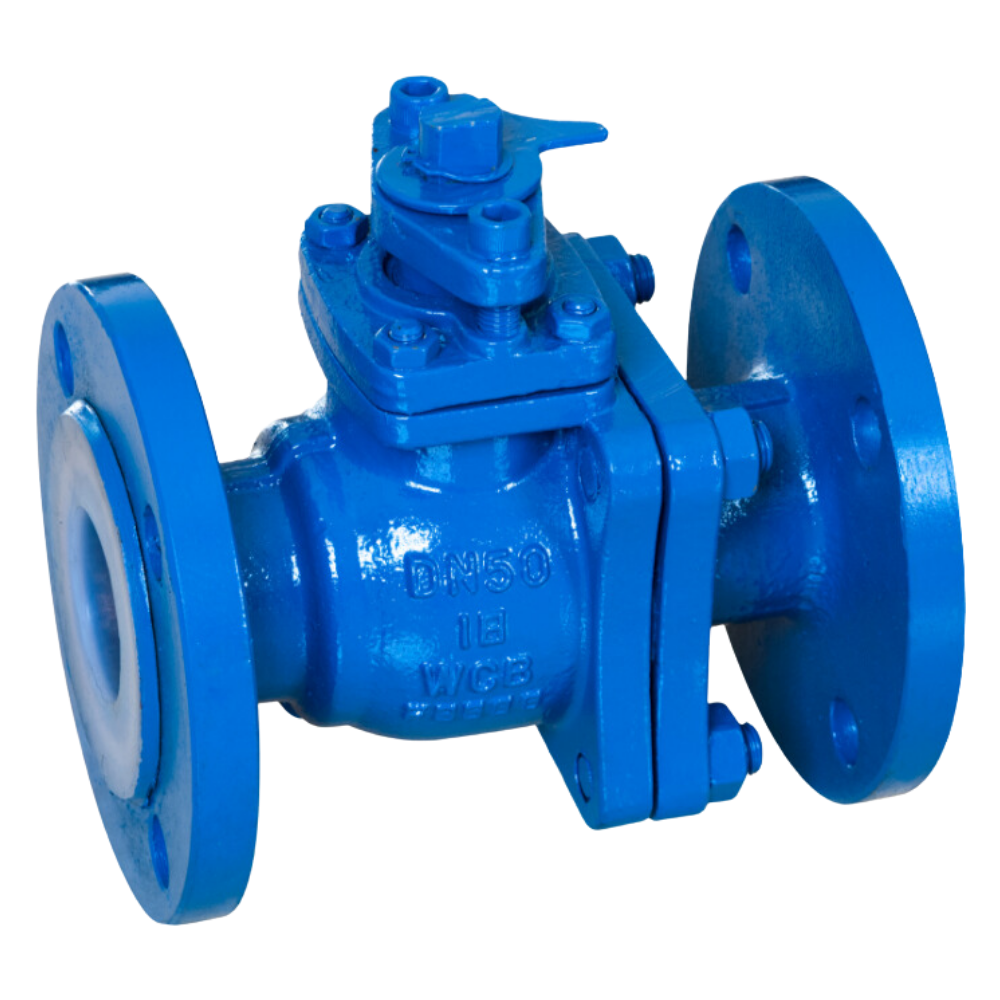
Fluid control in industries is an essential part of larger operations. And this control is provided by valves. There are plenty of differentiable industrial valves such as the ball valve, gate valve or the butterfly valve. And each of these valves have their own differences and pros. Industries like those with chemical plants or Oil/Gas industries […]
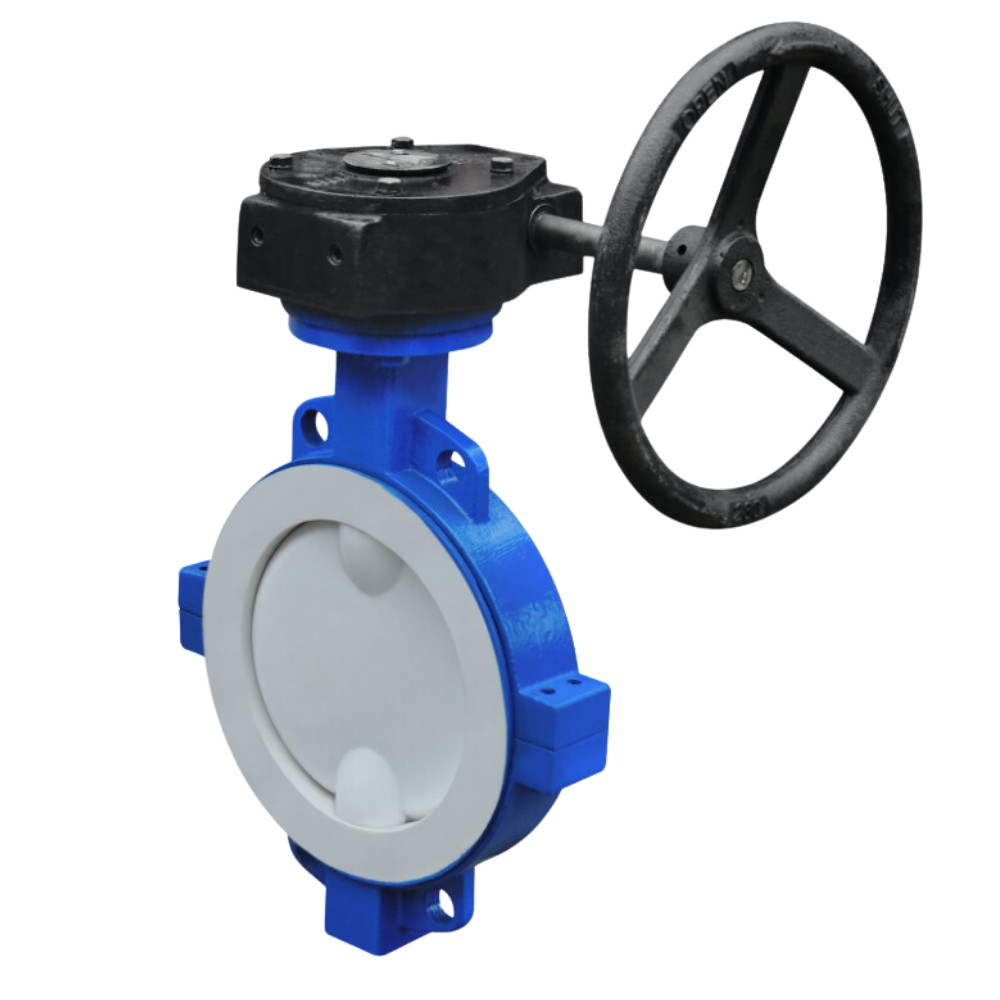
Butterfly valves — Valves identifiable by their butterfly-like disc which handles fluid flow, follow a 90 rotation which controls their opening/closing. And that’s why they’re also termed as quarter turn valves. Once lined with layers of PFA or PTFE, these butterfly valves can handle strong chemicals and higher temperatures. Continue on to learn more about […]

PFA lined ball valves use a PFA-made lining to control fluid flow with advantages of strong chemical resistance and mechanical durability. They are ideal valves for chemical processing, pharmaceuticals, and petroleum industries. Curious on their structure, functionality, benefits, maintenance and uses? Let’s explore. Structure And Functionality Of PFA Lined Ball Valves Ball valve sealing controls […]
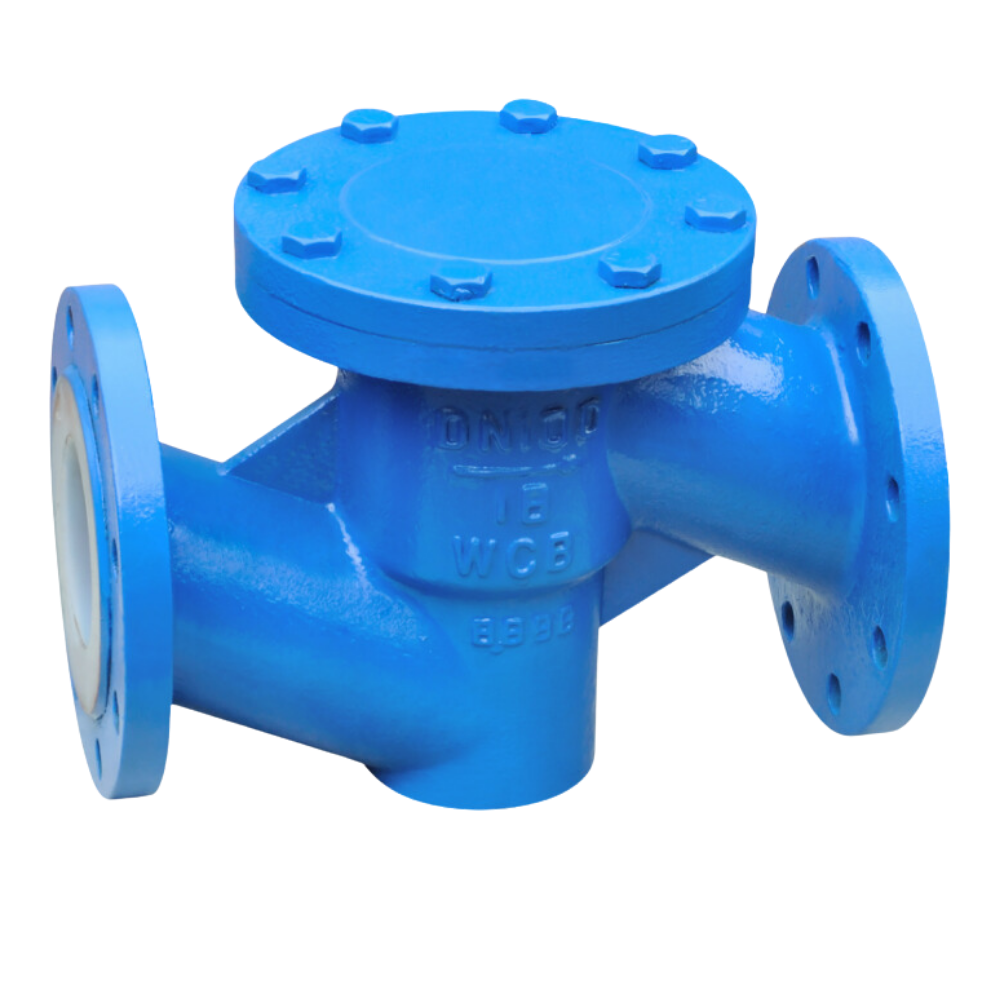
Fluorine Lined Check Valves is a type of valve to essentially control fluid flow while blocking backflow. With the fluorine lining, these valves are designed to withstand stronger chemicals like acids. This valve can be found almost everywhere — ranging from everyday applicational use to large scale operations. Continue on to find out more about […]
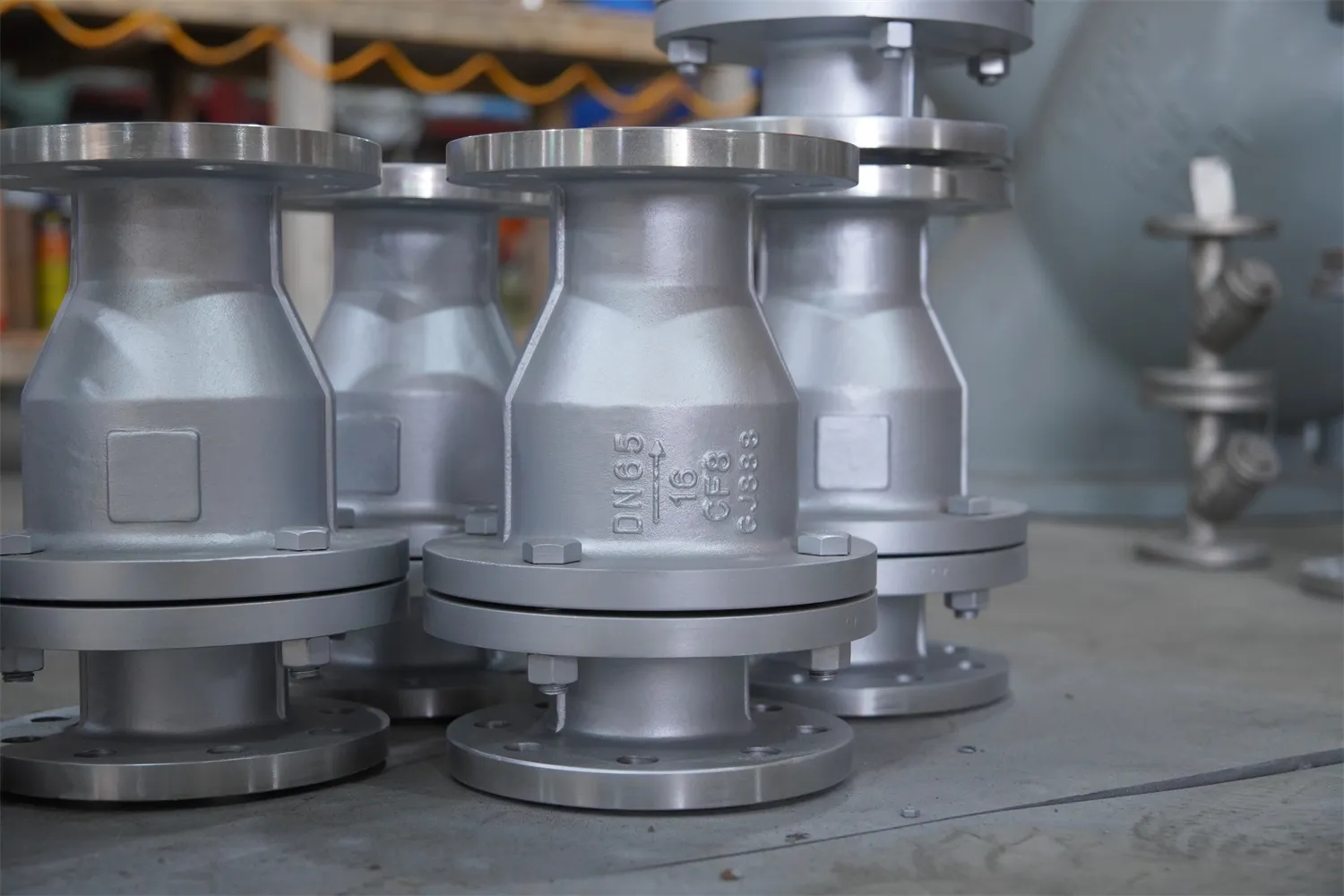
Stainless steel ball valves are known for their durability and high temperature resistance. These valves use a rotating hollow ball to control fluid flow. The alloy layer of stainless steel/nickel and chromium allow these valves to be used in chemical and oil/gas plants. These valves have many different types with each valve either differentiating in […]

Stainless Steel Ball valves are essential parts of many industrial operations. And so, making sure that these valves are always working properly is integral to ensure that systems don’t fail. Proper maintenance is easy — It requires small routine checkups as well as minimal labor. In turn, this can lower the chances of operational systems […]
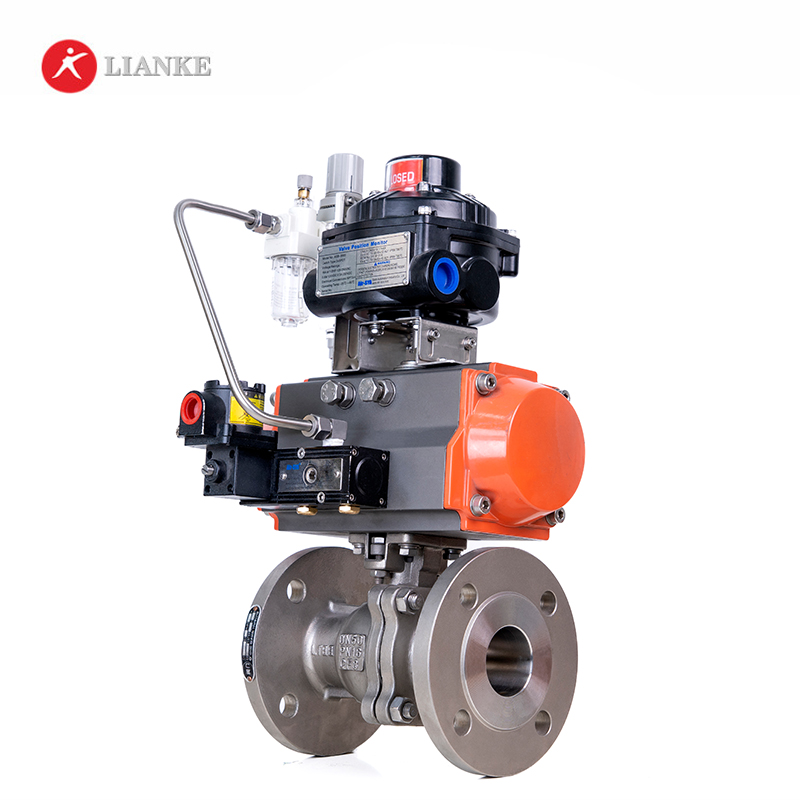
Ball Valves are imperative for fluid control in industrial operations. And these valves are usually constructed using stainless-steel. Each industry, however, has varying valve requirements and according to its use the grade of stainless-steel ball valve needs to be checked. Valves are often made from varying stainless steel grades. The durability and performance vary amongst […]
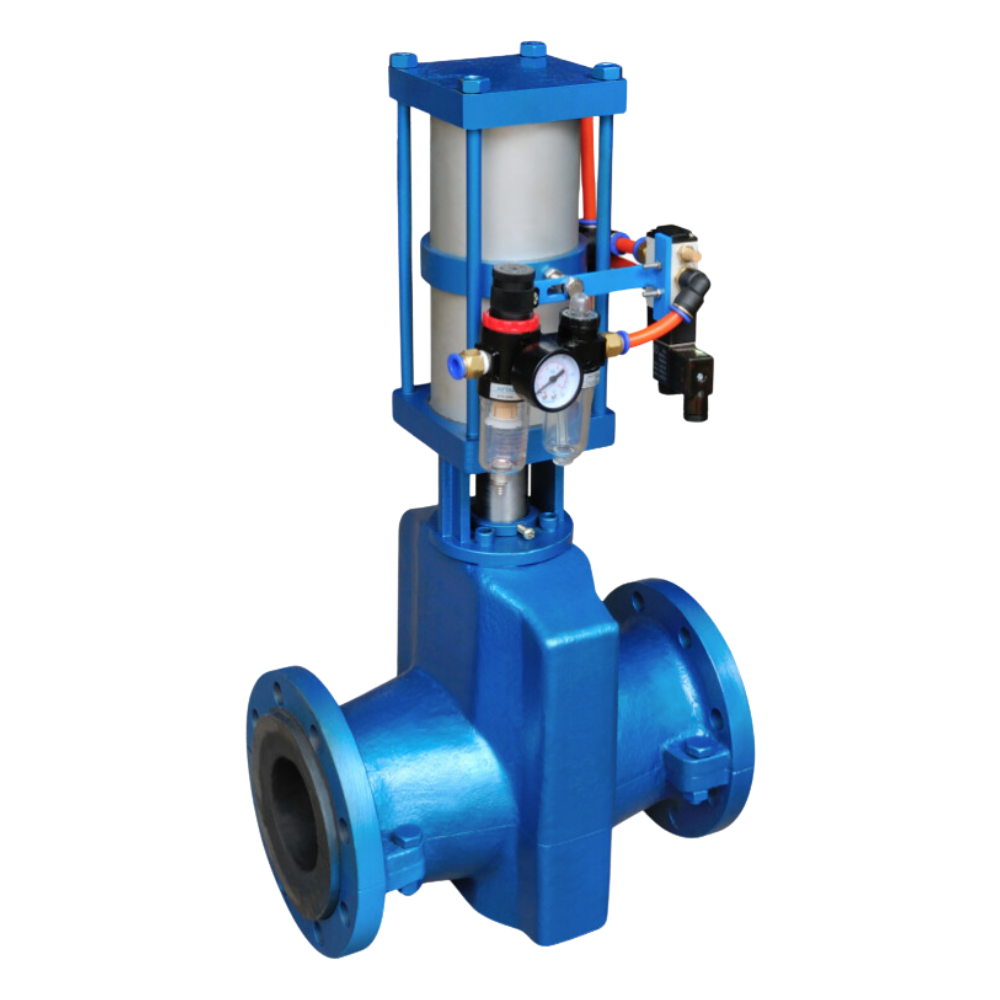
Pneumatic Pinch valves are fast-acting valves that control fluid flow. When left alone, these valves are open, allowing fluid flow. Pneumatic pinch valves use compressed air to pinch the elastomeric internal sleeve at the center to close the valve. Pinch valves are apt for operations that need to deal with grainy or corrosive fluids. And […]

